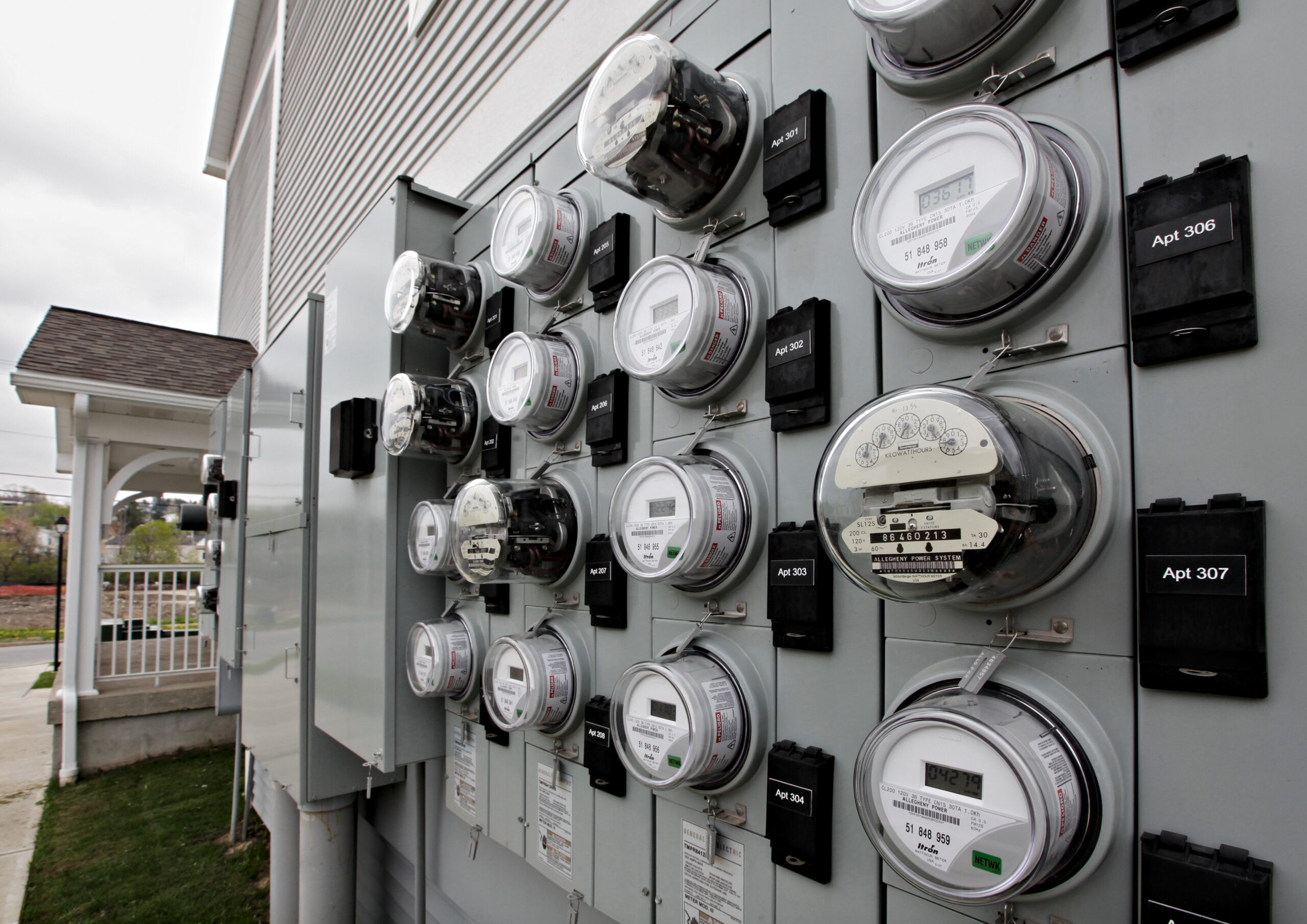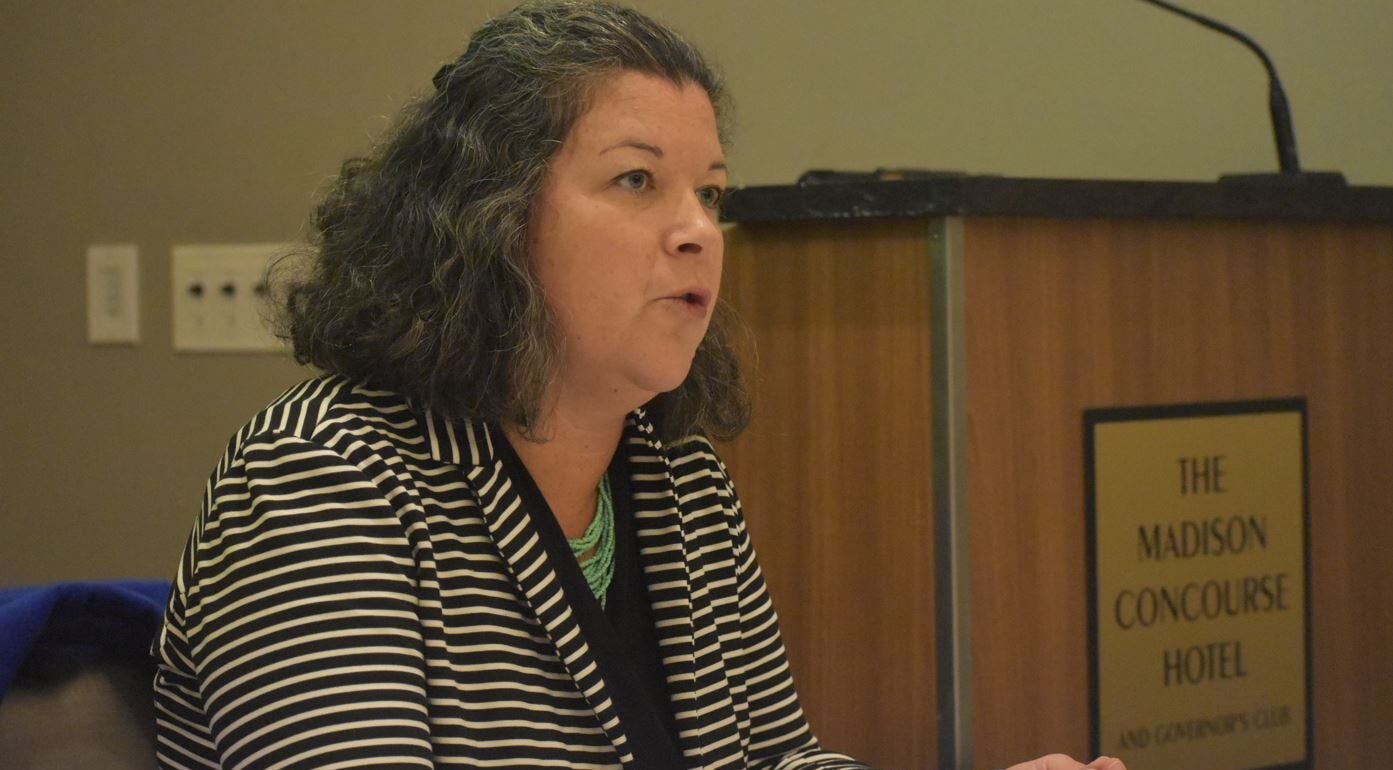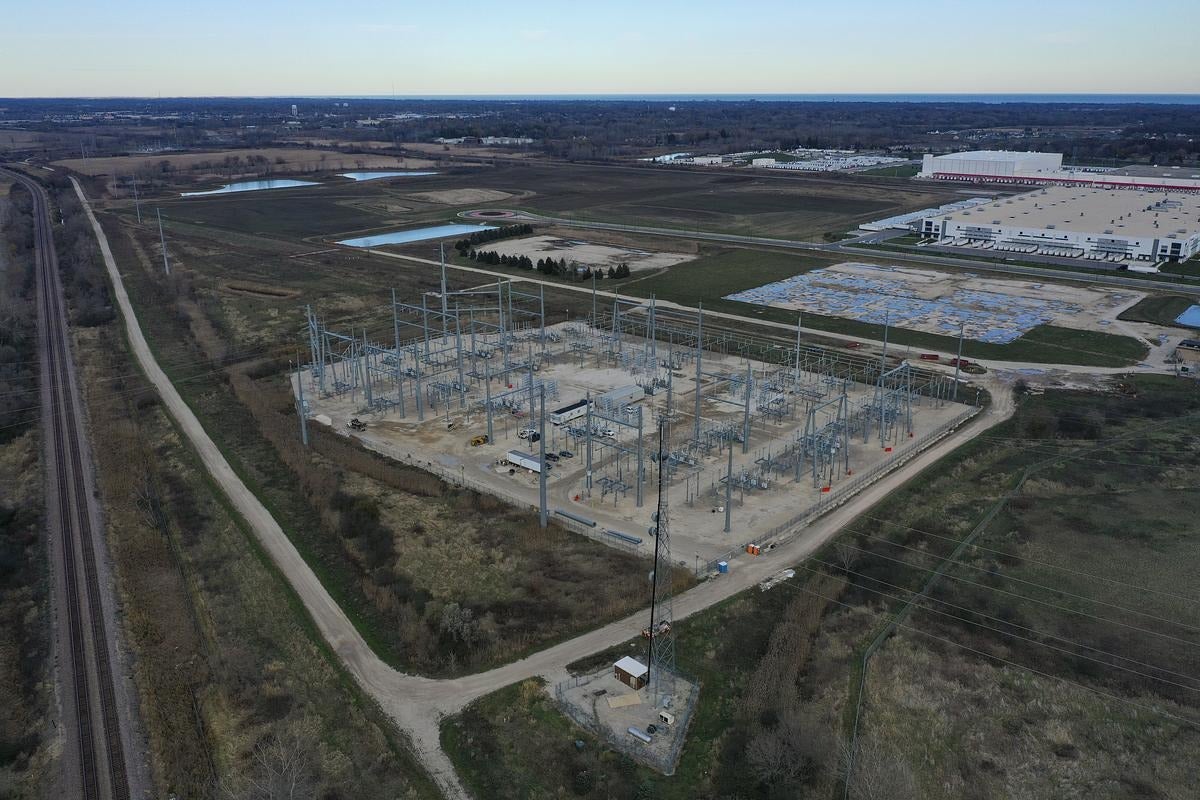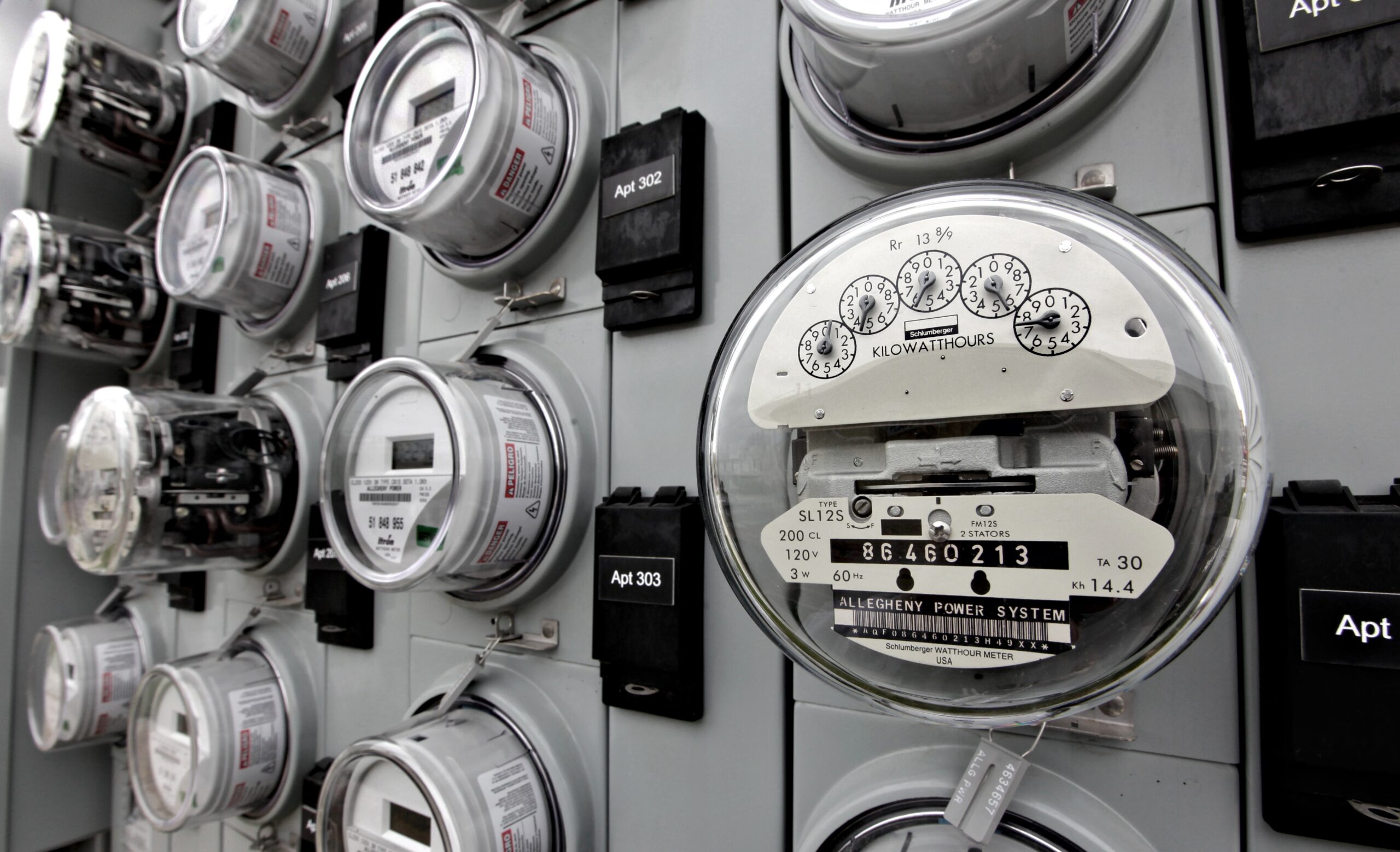State regulators have decided to again extend a temporary moratorium on utility shutoffs for residential customers during the COVID-19 crisis until Nov. 1.
The decision means utilities could resume issuing disconnection notices to shut off water service on that date, but they must file plans with the Public Service Commission and those plans must be approved before notices can be sent.
The state’s standard winter moratorium takes effect Nov. 1, preventing electric and gas disconnections through April 15. Water service is not included in the winter moratorium. Under current law, electric and gas utilities must file a plan to obtain approval to disconnect anyone during the winter months, said Rebecca Cameron Valcq, chair of the Public Service Commission.
News with a little more humanity
WPR’s “Wisconsin Today” newsletter keeps you connected to the state you love without feeling overwhelmed. No paywall. No agenda. No corporate filter.
“My intent was to essentially require that same approval for water utilities wanting to disconnect water service,” said Valcq.
Last month, the Public Service Commission voted 2 to 1 to extend the temporary moratorium until Oct. 1. The moratorium is part of an order the commission issued in March that prevented utilities from disconnecting water, electricity and heat for customers who couldn’t pay their utility bills during the COVID-19 pandemic.
At least 47 water utilities filed plans to disconnect service for around 10,000 customers if the moratorium were lifted Oct. 1, according to an August survey by the commission. Utilities must now update or file their disconnection plans with the commission by Oct. 10. Disconnection notices could be sent to customers beginning Nov. 1, and the earliest someone’s water could be shut off is Nov. 15.
“I think it would be good for us to see the, at least, initial plans,” said Commissioner Tyler Huebner. “If there’s certain aspects of those that we feel needs to be addressed, then understanding the specifics of what they’re asking to do and what types of customers are involved will help us understand sort of a framework.”
Commissioner Ellen Nowak was once again the lone commissioner to oppose the extension.
“I think we should just continue to be more targeted and hopefully can provide some assistance to folks in water who need assistance, especially if they have COVID or are waiting for unemployment benefits in the future,” said Nowak. “I think there’s a way to do it.”
The commission is temporarily requiring utilities to postpone shutting off service to those who have contracted coronavirus for at least 21 days and possibly an additional 21 days if they remain under quarantine.
The commission and the Wisconsin Utilities Association have urged people to contact their utilities to set up deferred payment plans or seek energy assistance prior to the end of the moratorium.
“We know the commission has a tough balancing act with trying to help people at this time while also being concerned about the size of the balances that still need to be paid,” said Tom Content, executive director of the Citizens Utility Board.
Content said it’s incumbent on Congress to assist ratepayers by providing more funding for rental assistance and utility assistance. In the meeting, Around $60 million in energy assistance funding in Wisconsin for fiscal year 2020 is nearly depleted, according to Valcq and a commission spokesperson.
Nearly one-third of residential customers among the state’s five largest utilities had past-due bills amounting to $235.7 million as of August. By comparison, roughly 12 percent of customers had past-due balances averaging out to $186 million in April 2018 and April 2019.
As of August, more than half of those bills — 57 percent — were more than 90 days overdue compared to 45 percent in August 2019.
The August survey of 154 electric, gas and water utilities that submitted data found more than half planned to disconnect 54,051 residential customers if the moratorium on shutoffs was lifted. The figure was down from roughly 71,000 customers who were slated for disconnection, according to a July survey of 187 utilities.
Utilities have argued an extension would make it more likely customers would fall further behind on their bills, which could result in utilities passing on those losses to all ratepayers. The commission is asking utilities to submit plans by Friday, Jan. 15 on how they plan to deal with past-due balances.
Wisconsin Public Radio, © Copyright 2025, Board of Regents of the University of Wisconsin System and Wisconsin Educational Communications Board.






